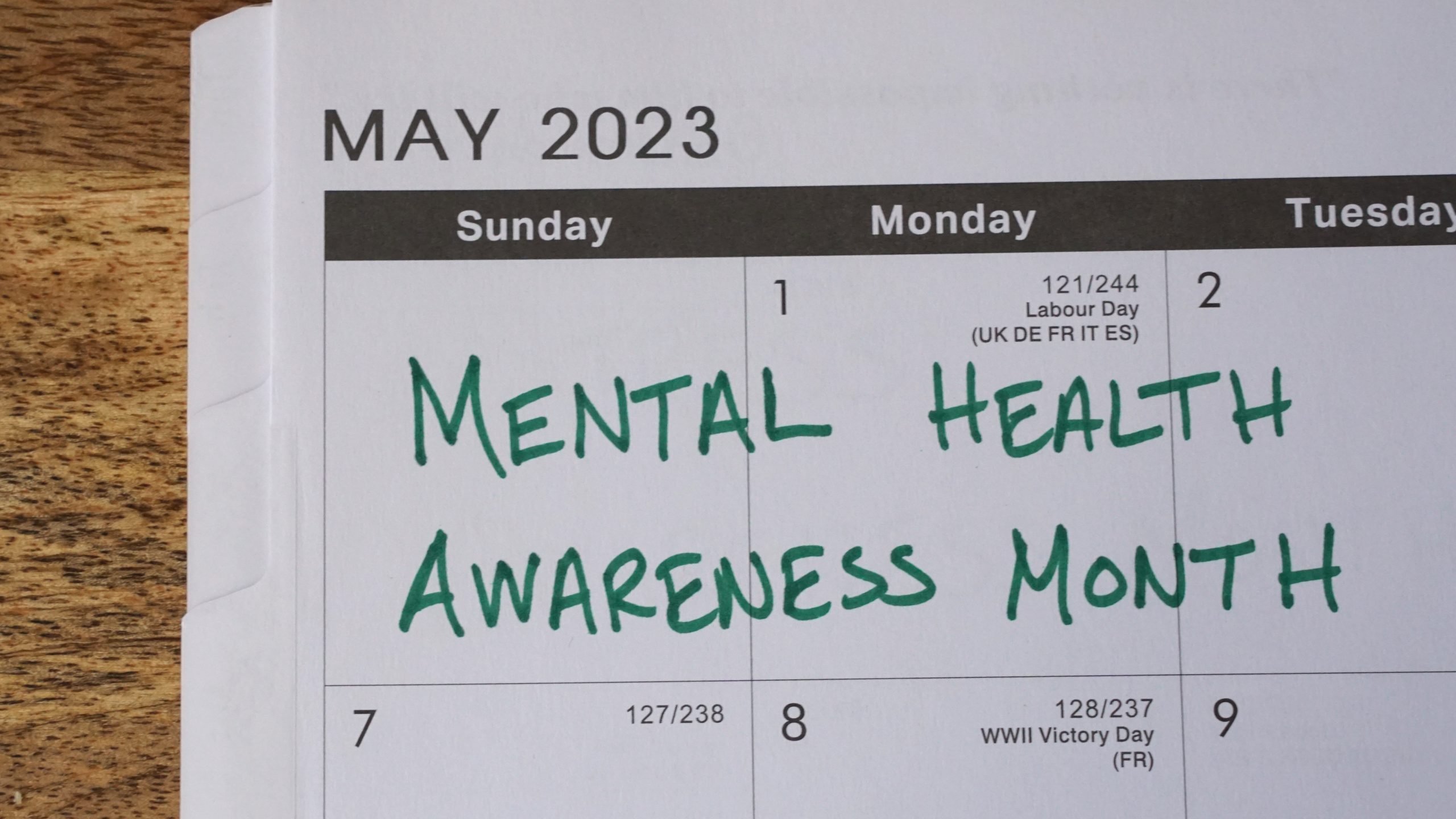Mental resilience is trending, and for good reason! Resilience, or the ability to adapt and bounce back during difficult times or trauma, makes us better able to handle challenges that happen during our lives and remain strong. Often, resilient individuals have already overcome difficulties in their lives and are better equipped to face challenges when they arrive.
Being resilient is not a trait that we’re born with, it’s one we can nurture and cultivate. Difficult times in our lives are inevitable, so growing mental resilience now is important to prepare our future selves. Here are a few ways you can start becoming more mental resilient now:
Lean In
Being mentally resilient isn’t about making difficult situations and challenging emotions disappear. Instead, we can take a step back and look at the situation objectively and take more intentional actions.
Find Opportunities for Growth
Often we believe we’re powerless over situations and their outcomes. Believing this feels helpless and makes the situation more frustrating. Instead, resilient individuals view these challenges as an opportunity for growth. Without control of the situation or the outcome, they instead decide how they can respond to the challenge.
Deciding how we respond to difficult situations helps us believe we have control in how we react to the situation and our future actions. Realizing that we have control over our next course of action is liberating and powerful.
Accept Inevitable Change
Resilient people know that nothing is forever. Change is a part of life, and accepting that changes will happen allow us to build resilience. Instead of spending time trying to prevent change or move changes towards a more desired outcome, we can choose to focus only on what we can control.
Practice Positive Self-Talk
It’s difficult to catch ourselves being negative, especially when it seems to come naturally. It’s important to try and reframe our negative self-talk. If you become aware of when you’re engaging in negative self-talk, adjust yourself talk and remind yourself you wouldn’t talk to another person this way!
The more aware you become of your self-talk, the easier it is to shift your perspective to a more positive one. We all make mistakes and we can tell ourselves we will try again and work on better outcomes.
Be a Goal Setter
Goals help us develop resiliency. Choosing a goal, making an action plan, and achieving the goal boosts our confidence and helps us feel more powerful. Goals don’t have to be typical “New Year’s Resolution” type goals. Goals could be trying to connect with friends on a more regular basis, reading more, or scheduling yourself for a certain number of workouts each week.
Emphasize Relationships
Building and maintaining healthy relationships helps our resiliency. This is because we lean on our family and friends during difficult times. Having trusted people to talk to and work through challenges with help us feel more positive about the situation.
We all can take steps to build our mental toughness. None of us are in the same place on our journey and there is no “set point” for being resilient. With these techniques, we can all boost our confidence and build more mental resiliency.





